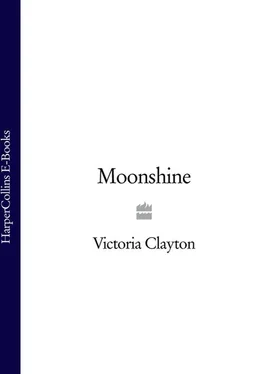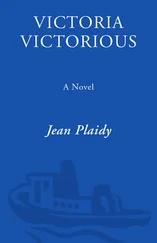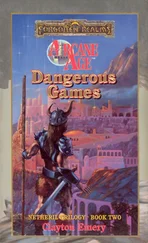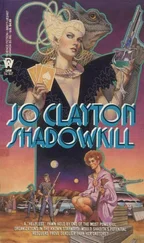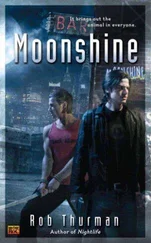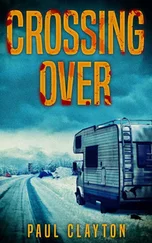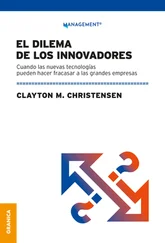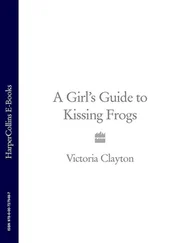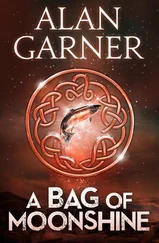‘Don’t you ever drive yourself?’
‘I don’t have a licence. I gave up after the fifth attempt to pass my test. I offered the last man a bribe but he still refused to pass me. I found it reassuring, in a way, that he was incorruptible. My temperament isn’t suited to driving. I get bored and my mind wanders. In London I take taxis. It’s an opportunity to hear what people really think, talking to people who don’t know I’m an MP. Naturally the cabbies all have strong views on politics and are usually much further to the right than I am.’
‘My father seems to think you’re practically a Marxist.’
‘In theory I approve of some elements of Marxism but I disapprove of despotism, which is the only way you can implement it, humans being so unequal. History’s shown us that Marxism and Fascism have a lot in common. Both systems rely on collective brainwashing to educate the populace and extreme brutality to crush rebellion. And that’s positively my last word this evening about politics. You’ve told me unequivocally that you hate them and I’ve had enough of them today to satisfy the most ardent politicophile.’
‘I like political history, though. Distance lends enchantment.’
‘What do you really like?’ He slid lower in his seat, folded his arms and turned his head to rest his chin on his left shoulder to look at me. ‘What makes you want to get up in the morning?’
Meeting his eyes, observant, curious, humorous, I felt a moment of disquiet, almost alarm. What was I doing speeding through the countryside to an unknown destination with this man who was a stranger? Reality is so different from one’s imagining. Getting dressed alone in my bedroom, I had felt excited and confident. Now Burgo was beside me, I felt oddly uncertain of myself and almost wished myself safely back in the gloomy dining room at Cutham.
‘Well.’ I looked down at the little heap of multicoloured confetti near his shoe and attempted to restore my composure by giving my attention fully to the question. ‘Breakfast, for one thing. I usually wake up hungry. And extremes of weather. Not only sun but snow and wind, too. I even like wet days if it’s a proper deluge. That’s the only thing I don’t like about living in London: you hardly notice the seasons, except as an inconvenience. Nature’s confined to a few dusty plane trees growing out of holes in the pavement. I really love flowers and gardens. But London parks are too tidy. And I hate African marigolds.’ Careful, I thought, you’re starting to gabble. Don’t let him see you’re nervous. If only he’d stop looking at me. I put up my hand to check the combs in my hair, then was annoyed with myself for fidgeting. ‘I’d always be willing to get up to see the first bud open of an oriental poppy called Cedric Morris. It’s the most subtle shade of greyish pink.’ Now you’re sounding like a plant dictionary. Stupid, stupid. ‘And I nearly always want to get up for work. I work for an auction house. I used to be in the antique textile department but last year I moved to porcelain. There’s always the chance that something good’s going to be brought in for valuation or to be sold. I can’t often afford to bid for anything myself but just to see something beautiful – to touch it – gives me pleasure.’
‘What do you call beautiful?’
‘Practically anything that’s eighteenth century. Ignoring the smells and the lack of antibiotics and dentistry, Angelica Kauffmann seems to me to have led the most enviable life. She was prodigiously talented and got to see most of the wonderful houses and gardens and exquisite furniture of the age.’
‘Ah yes, she was a painter.’
‘And absolutely on a par with the men. Sir Joshua Reynolds was a great admirer. Have you seen her work at Frogmore?’
‘No. But I shall, now you’ve put me on to it. Do you paint?’
‘In an amateur way. The need to earn a living is my excuse for not being better at it. But the truth is that I can’t make up my mind what I like best. Textiles, fans and objets de vertu are passions but I’m equally besotted by porcelain, especially Chelsea and Longton Hall. As for early English walnut furniture …’ I made a sound expressive of longing.
‘Describe an average day.’
I told him about my job. Now I was on familiar territory I grew calmer. I felt a brief return of my London self. I was used to working with male colleagues, to being as much at ease with men as with women and confident that I knew what I was talking about most of the time. Burgo was a good listener. He gave me his whole attention and asked the right questions. I relaxed and wondered what had made me lose my nerve in that absurd way. It must be Cutham that disagreed with me.
‘I like the idea of a life spent in pursuit of beauty,’ Burgo said.
‘Is that the impression I’ve given? Well, perhaps. Some people would think that superficial. Cold and selfish. And subjective, of course.’
‘Only if they were thinking of beauty in its narrowest sense: the acquisition of fine objects. And even with material beauty, things must be honest, well conceived and well made to be beautiful. Keats said it succinctly enough in that wonderful sonnet. “Beauty is truth, truth beauty.” Or was it the other way round? When we come to abstractions – goodness, truth, unselfishness, charity, justice, fortitude – in practice they’re indivisible from one another and from beauty. I knew I’d like talking to you. You’re an enthusiast and so am I. About different things but that doesn’t matter. I like that dress. That is a subjective judgement. What do you call that colour?’
‘I don’t know. Pistachio, perhaps.’
‘Your eyes are almost the same colour, a mixture of green and grey with that ring of gold round the iris. I’ve never seen anything like them.’
‘I think you said your wife was in France? Is she on holiday?’
‘She spends a lot of time in Provence. She has a mas there with a few acres of vines. She likes heat.’
‘Does she make the wine herself?’
‘No. She has someone to do it for her. She prefers to read and sunbathe and sleep. Sometimes she goes for walks or entertains. Anna is not an enthusiast.’
‘It sounds a charmed life.’ I wanted to ask more about her but was afraid of sounding inquisitive.
He turned his head away to examine a handsome old house as we flew past. ‘I suppose it is. Are you married?’
‘Not even engaged. I once was for a week, then thought better of it. The awfulness of breaking it off and hurting someone I was fond of taught me a lesson: not to go into these things without being one hundred per cent certain. But as one can’t ever be that I may never get married. It seems such a terrible risk.’
‘That’s not the enthusiast talking. What about your parents?’
‘What about them?’
‘Happy marriage?’
‘No.’
Burgo refrained from drawing the obvious conclusion, for which I was grateful. He continued to look out of the window. Trees overhung the road. Occasionally a flash of fire from the setting sun shot between the leaves and stung my eyes. I closed them to prevent them watering. A minute went by without either of us saying anything. The silence felt comfortable now, as though we had reached some sort of understanding. Perversely, this feeling of intimacy, as though the usual social rules need not apply, made me determined to break it.
‘It’s so kind of you to take me out and give me this treat. But you must let me pay my share.’
He continued to look out of the window. ‘Are you afraid I shall call in the debt by demanding sexual favours?’
I kept my voice detached, though I was disconcerted. ‘Not in the least. A man intent on paying for such things with dinner doesn’t talk about his wife, unless of her imperfections.’
Читать дальше
